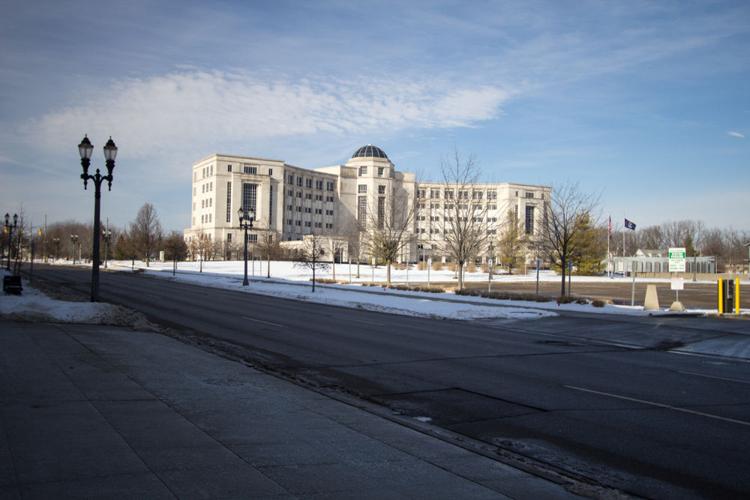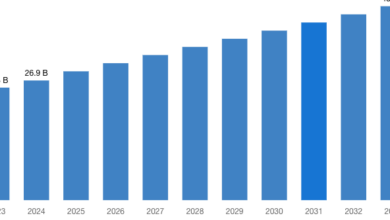Michigan Supreme Court slams door on counties keeping excess profits from tax home foreclosures

The Michigan Supreme Court building, also known as the Michigan Hall of Justice, in downtown Lansing.
(The Center Square) – The Michigan Supreme Court ruled unanimously Friday that counties can’t additionally profit from tax-foreclosed homes without justly compensating the property owner.
The court found that withholding any surplus from tax-foreclosure sales that exceeded the amount owed constituted an “unconstitutional taking without just compensation.”
Since the state’s law on the matter is derived from English common law, the court journeyed back to the Magna Carta in its decision.
“Just as the Magna Carta protected property owners from uncompensated takings, it also recognized that tax collectors could only seize property to satisfy the value of the debt payable to the Crown, leaving the property owner with the excess,” Justice Brian K. Zahra wrote in the opinion.
Zahra wrote that the term “forfeiture” in the General Property Tax Act only allows a defendant to seek foreclosure, and doesn’t allow the governmental unit all rights and titles to the property.
“These fundamental principles – that the government shall not collect more taxes than are owed, nor shall it take more property than is necessary to serve the public – protect taxpayers and property owners alike from government overreach and have remained a staple in Michigan’s jurisprudence,” Zahra wrote.
The Oakland County Circuit court had previously ruled against the plaintiffs, finding that “property properly forfeited under the General Property Tax Act is not a barred taking.”
The plaintiffs appealed.
The Court of Appeals ruled against the plaintiffs again in 2017, citing Bennis v. Michigan, which focused on rules for forfeited property due to criminal behavior.
“The Court’s holding in Bennis focused narrowly on forfeited property that was used as an instrumentality for criminal activity and the government’s interest in deterring illegal activity. In this case, plaintiffs did not use their properties for illicit purposes,” Zahra wrote.
That’s welcome news for Uri Rafaeli, whose property was seized over an initial tax debt of $8.41, which augmented to $285.81 after interest, penalties and fees.
Oakland County sold the property for $24,500 – more than $35,000 less than Rafaeli paid for it – and then pocketed $24,214.
Rafaeli left empty-handed.
Andre Ohanessian owed about $6,000 in unpaid taxes, interest, penalties and fees from 2011 on his 2.7 acre property.
The county auctioned his property for $82,000 and kept the $76,000 profit.
“We are thankful that the court today vindicated Uri Rafaeli and Andre Ohanessian’s property rights,” Christina Martin, an attorney representing the plaintiffs on behalf of the Pacific Legal Foundation.
“This decision will protect people across Michigan by prohibiting county governments from stealing from struggling property owners,” Martin said.
“No one in Michigan should lose the entire equity in their home or land for falling behind on their property taxes. We will continue the fight to help other vast numbers of people whose nest eggs have been robbed by this abuse of tax foreclosure law,” Martin continued. “Today’s decision sends a message across the country that this kind of abuse should not be tolerated in the United States any longer.”


